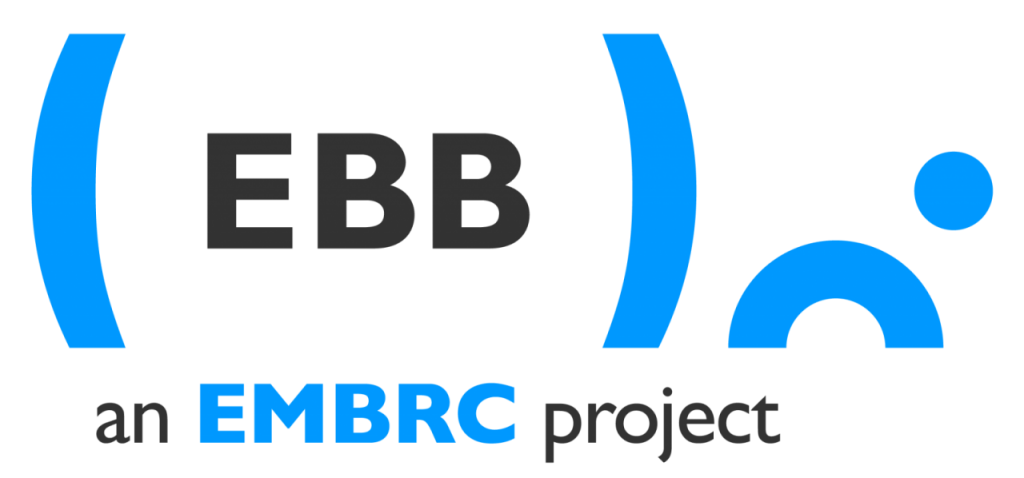Marine fish aquaculture confronts a critical challenge in replacing dietary fish oil (FO) with alternative lipid sources. FO is the only viable source of n-3 long-chain polyunsaturated fatty acids (n-3LC-PUFA), vital for marine fish diets due to their inability to synthesize them. Consequently, alternative oil sources cannot completely replace FO, and a mixture of FO and vegetable oils (VO) is used in practical aquafeeds for marine fish.
The current practice of using a blend of FO and vegetable oils (VO) in aquafeeds raises concerns about the dietary fatty acid (FA) profile and the n-6/n-3 ratio, impacting fish health, growth, and fillet FA composition. OmegaGreen23 aligns with the Farm to Fork Strategy (European Green Deal), aiming to explore sustainable alternatives for n-3 LC-PUFA sources, introducing a circular economy concept through Fatty Acid Ethyl Esters (FAEE) byproduct oil valorization. The circular economy concept, involving the reintroduction of oil-based byproducts, emerges as a strategic approach. FAEE byproduct oil, derived from omega-3 supplement production for human consumption, represents a promising alternative. This eco-friendly FO industry byproduct has a promising FA profile because is rich in saturated FA and up to 7% n-3 LC-PUFAs, offering a potential paradigm shift in producing omega-3-rich seafood. Additionally, FAEE oil byproduct contains other vital lipid-soluble compounds, including cholesterol and vitamin D, absent in VO. Driven by rising consumer awareness of the benefits of n-3 LC-PUFA consumption, the omega-3 supplement market is growing, with the sector reaching 7.5 billion USD in 2022 and projected to reach 15.1 billion USD by 2032. As the demand for omega-3 supplements rises, FAEE byproduct oil production is expected to surge. Despite the potential inclusion of FAEE in aquafeed, limited knowledge of its impact on zootechnical performance, fillet quality, and disease resistance severely hampers its utilization in aquafeeds, almost to zero. The consortium partner recognizes a significant opportunity for the aquafeed sector, emphasizing that a valuable source of omega-3 is being neglected. This project seeks to bridge this knowledge gap and unlock the potential of FAEE in contributing to a more sustainable and efficient aquaculture industry. OmegaGreen23 aims to study the potential of FAEE byproduct oil as a novel green lipid source for aquafeeds. OmegaGreen23 endeavors to study FAEE oil byproduct bioavailability and long-term safety, its impact on growth performance, and its consequences for fish health, welfare, and fish fillet omega-3 profile. Additionally, the project will assess the direct effects of the dietary fatty acid profile on the fish’s immune response and welfare status when challenged against pathogens or environmental changes.
Acknowledging the knowledge gap in FAEE byproduct oil inclusion in aquafeeds, OmegaGreen23 advocates for studies on its effects on European seabass juveniles. This encompasses physiological, health, welfare, and fillet lipid deposition aspects. Considering climate-induced challenges, not only rising seawater temperature but also increased bacterial infections, the proposal also evaluates the response of European seabass to bacterial and thermal challenges when fed diets with the inclusion of FAEE byproducts. Data from this study is expected to be extrapolated to other marine fish species to potentiate the use of this new lipid source and promote the development of a healthy and sustainable aquaculture industry.












